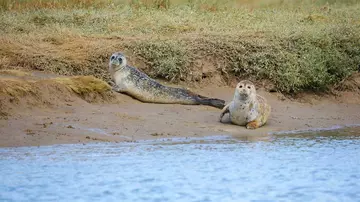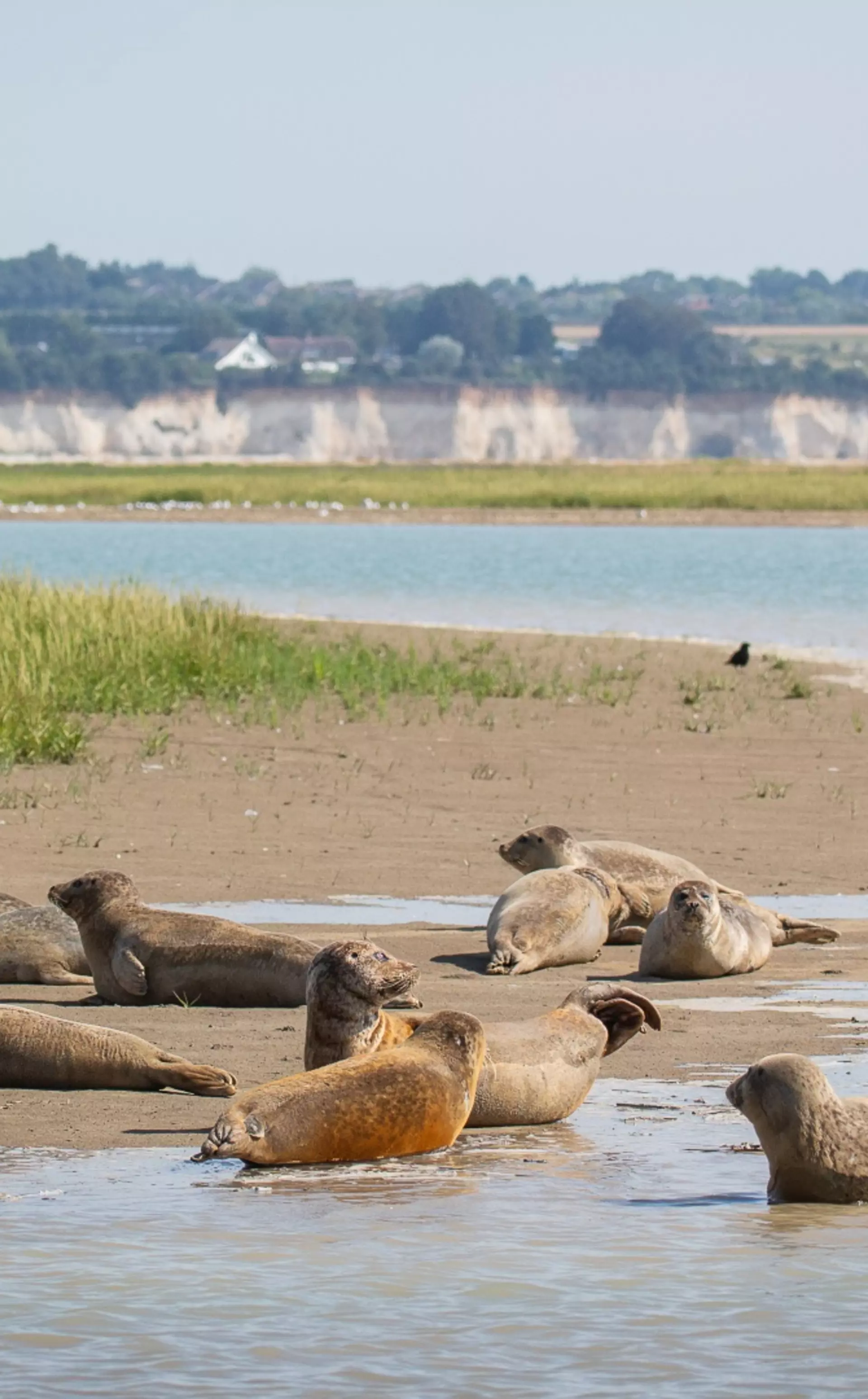
ZSL
Zoological Society of London
ZSL stands with other conservation NGOs and shares their dismay and anger

Reports suggest that the UK Government plans to abandon more than 500 vital environmental protection policies rolled over from EU law after Brexit – as well as the new Environmental Land Management Schemes (ELMS).
As a central piece of policy following the UK’s departure from the EU, the ELMS represents a positive step towards economically supporting landowners in the accessible creation of space for nature restoration and environmental protection – moving away from the historic policy of compensation based solely on quantity of land owned.
Such reported changes would constitute a betrayal of the government’s commitment to being a global leader in climate and biodiversity action.
ZSL is a science-based organisation, and the science is clear: nature underpins sustainable development and wellbeing. It's misleading to argue that nature protection and recovery is a drag on growth, or that nature and economic development can’t co-exist. Not only is there compelling evidence that nature-friendly farming can both boost biodiversity without compromising crop yields, but the simple fact is economic development of any kind is utterly dependent on nature.
The same conclusion was drawn by 2021’s “The Economics of Biodiversity”, a review by Professor Sir Partha Dasgupta, commissioned by the UK Treasury - citing evidence from ZSL’s Living Planet Index, which in 2020 showed an overall average 68% decrease in global monitored vertebrate wildlife populations of mammals, birds, amphibians, reptiles and fish between 1970 and 2016. These declines are also evidenced in indicators of trends for UK farmland birds, which have declined by more than half between 1970 and 2018.
The report clearly showcased how our economy is utterly dependent upon healthy and thriving natural resources – for jobs, health, wellbeing, and more.
ZSL’s ongoing series of landmark reports and research led by senior ZSL conservation scientists also shows:
- The urgent need for high level policy that integrates and unites the climate, public health and biodiversity loss crises - all of which are strongly linked and exacerbate the impact of one another.
- How rewilding our cities can not only benefit wildlife but also help to mitigate the harmful effects of climate change.
- Our freshwater systems are home to some of the most important ecosystems and range of wildlife in the country. For example, ZSL’s 2021 State of the Thames Report showed that protecting and restoring natural habitats is key if we are to see a sustainable future for the iconic river, support flood defences and mitigate impacts of climate change.
The UK cannot afford to lose more wildlife – with nearly half of all biodiversity having been lost since the industrial revolution we are facing the risk of large-scale ecological breakdown alongside the global climate crisis. The dual nature of these crises requires that we take rapid action towards the reduction of Green House Gases (GHGs) alongside wide-scale investment in the recovery of nature as fast as possible to enhance natural carbon sequestration capacity and improve our chances to adapt to new climatic conditions.
ZSL’s Director of Conservation and Policy, Dr Andrew Terry said: “At a time of climate and ecological crisis, it is unthinkable to deregulate the environment, weaken environmental safeguards and legislations, and abandon plans to boost nature recovery. Such a move would be dangerous, short-sighted, and damaging to people, wildlife and the possibility of sustainable economic growth for future generations”.
As we approach a defining period for our planet, with world leaders meeting at the Conference of the Parties (COP) for the UN Framework Convention on Climate Change (UNFCCC COP27) and Convention on Biological Diversity (COP15) at the end of 2022, the UK should lead the way in placing nature at the heart of decision-making.
We urge the UK government to tackle the climate, public health and biodiversity loss crises as the interconnected issues they are and make stronger targets and commitments to reverse biodiversity loss a priority.
In the event that protections are weakened or reversed, we stand ready to provide expertise, resources and platforms to support collective action to oppose any plans that directly and significantly threatens UK wildlife recovery.
